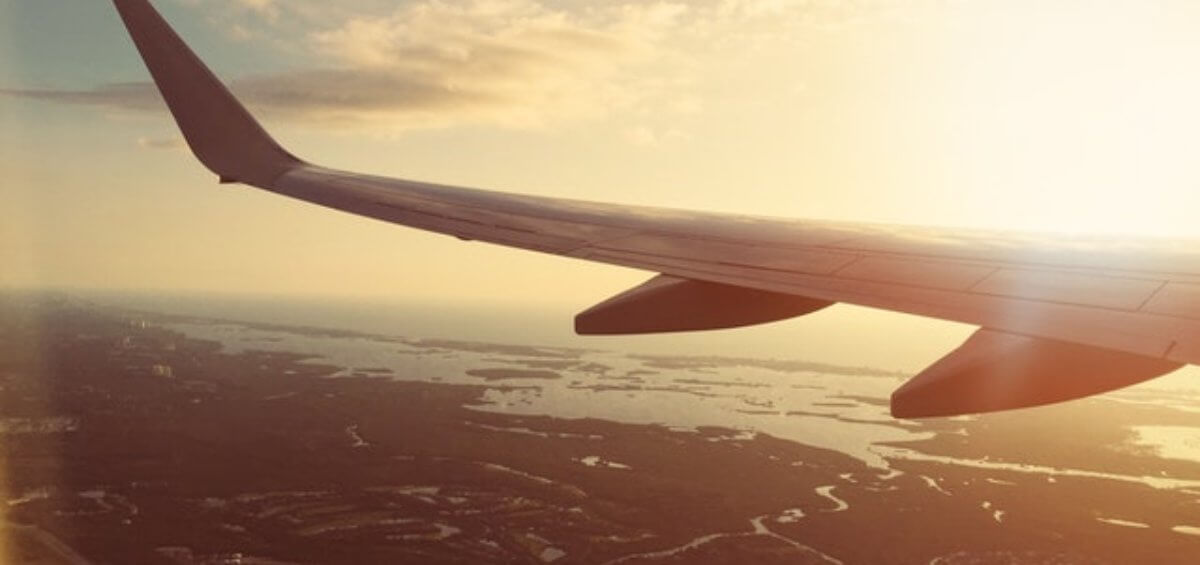India Australia Travel Ban | Jail Penalties Scrutinised
Update as of 7 May 2021: Prime Minister, Scott Morrison today confirmed the India-Australia travel ban would end on 15 May and repatriation flights would follow. Urgent cases will be prioritised and arrivals will need to undergo rapid antigen testing before they return.
After suspending all flights to and from India from 27 April until 15 May 2021, the Government has confirmed that penalties under the Biosecurity Act 2015 (Biosecurity Act) would apply to people who breach the temporary travel ban.
This includes up to 5 years in jail or a fine of up to $66,000 or both. It is reportedly the first time Australia has enforced criminal sanctions for its own citizens to return home.
India Australia Travel Ban Restrictions
While flights to and from India are suspended, the media has reported of people using ‘loopholes’ to circumvent the travel ban.
To mitigate this risk, Health Minister, Greg Hunt has confirmed criminal sanctions may be enforced under the Biosecurity Act, which have been scrutinised by the media.
However, this week Prime Minister Scott Morrison said it was unlikely anyone would be jailed for breaching the ban and that penalties would be implemented ‘proportionately’.
Under the Biosecurity Act, an Emergency Determination was made whereby a person must not enter Australia if they have been in India in the 14 days before flying to Australia.
This Emergency Determination commenced on 3 May 2021 and at this stage it will be repealed on 15 May 2021. It does not include Australian Government facilitated flights and emergency medical evacuation flights.
The travel restrictions are being legally challenged in the Federal Court.
India Australia Travel Ban Exemptions
The above restrictions apply to all Australian Citizens, Permanent Residents and Visa Holders with limited exemptions available.
Exemptions may apply for the below:
- Crew of an aircraft or vessel;
- Safety and maintenance workers for an aircraft or vessel;
- Persons engaged in the day‑to‑day conduct of inbound and outbound freight;
- Persons travelling on official government business on an Australian official or diplomatic passport;
- Diplomats, consular or other foreign officials accredited to Australia;
- Members of an Australian Medical Assistance Team (AUSMAT).
Exemptions may also be available for immediate family members of diplomats – conditions apply.
What is The Biosecurity Act?
The Biosecurity Act allows the Minister for Health to determine any emergency requirement that he or she is satisfied is necessary to prevent the entry, emergence or spread of a listed human disease (such as COVID-19) in Australia or to other countries.
The Biosecurity Act says there must be a ‘severe and immediate threat’ to the nation before these powers can be exercised.
The powers allow for restrictions to prevent the movement of people between specified places.
On 18 March 2020, an emergency period was initiated under the Biosecurity Act to manage the COVID-19 pandemic.
Throughout the emergency period, the Health Minister can make Emergency Determinations to ensure the Commonwealth can take urgent action to manage a threat to health on a national scale.
However, Emergency Determinations must abide by certain criteria, including that they should be ‘no more restrictive or obtrusive’ than necessary and that they should only be in place for as long as needed.
The India-Australia travel restrictions have been made under these provisions.
Interstaff | Migration in the COVID-19 Era
Unfortunately, around 9,000 Australians are unable to return home from India and flights are unavailable for visa holders to see their families at their time of need. Meanwhile, the situation in India is devastating.
Read about the flight suspension here and implications for other countries that may be deemed ‘high-risk’.
We are yet to see if travel bans and penalties will be initiated for other high-risk COVID-19 countries.
You may also be interested in our other immigration news articles:
The Australia-New Zealand Travel Bubble
The 408 Pandemic Visa | What you need to know
Applying for a Partner Visa in the COVID-19 Era
Should you require advice on your visa or travel exemption circumstances, we encourage you to contact Interstaff’s Registered Migration Agents.
Source:
Interstaff’s Registered Migration Agents






